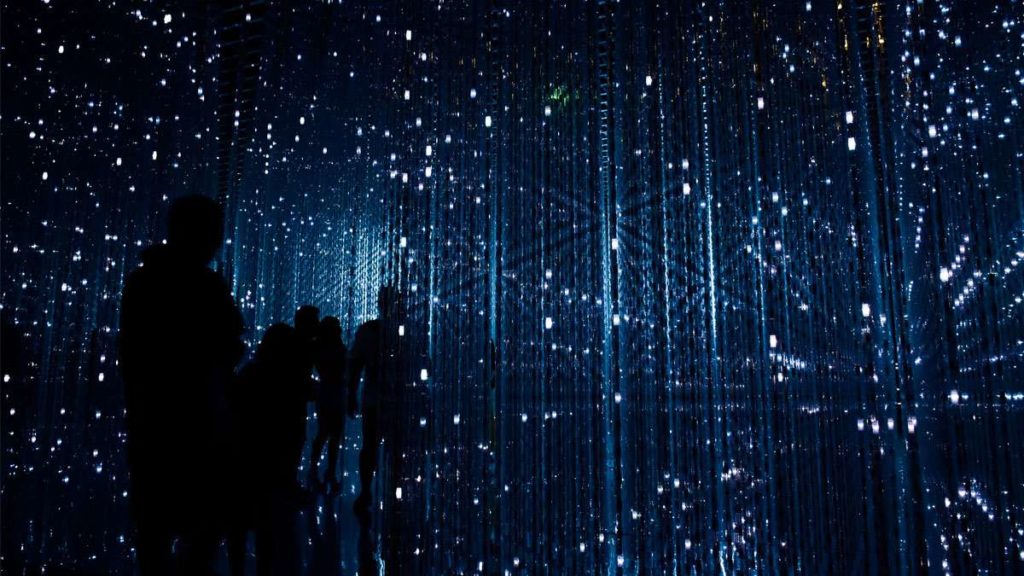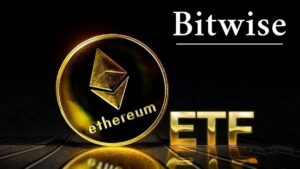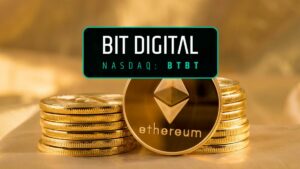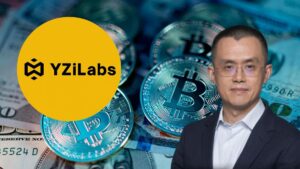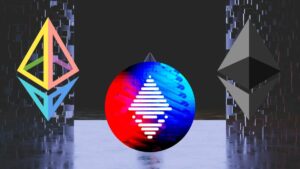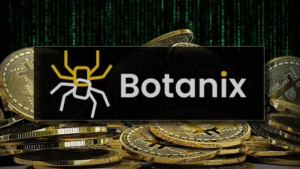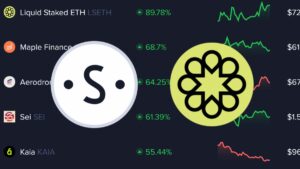This definition of a decentralized autonomous organization (DAO) refers to an organization established by computer instructions that are organized by rules, often in time-based formats, controlled by members, and independent from the influence of the government of its owner.
In other words, it is a member-owned organization without centralized leadership. DAOs maintain financial records and program rules related to their financial transactions on a blockchain. An idea for a Decentralized Autonomous Organization, or DAO, was sparked by the decentralization of cryptocurrencies, a group of developers conceived in 2016 inspired by the decentralization of cryptocurrencies.
What is a DAO?
Exactly as its name suggests, a decentralized autonomous organization is a group of people who are responsible for making common decisions without the interference of a centralized leader or company. Smart contracts (digital one-to-one agreements) are built on a blockchain, and they are built on top of this.

The members of DAOs are often people who buy their way in, buying tokens that are specific to the DAO. These tokens then allow them to vote on decisions that relate to how the funds that come into the DAO are spent and managed. People from around the world can form these groups.
How does a DAO work?
DAOs have the advantage that all decisions get made from the bottom up. Members own the organization collectively, so there is no hierarchy at all. Participation in a DAO can be done in many ways, but typically one of them is through the ownership of a token.
In order for DAOs to operate, smart contracts are used. Smart contracts are basically bundles of code that execute automatically regardless of whether certain conditions are met. There are numerous blockchains out there that enable smart contracts to be deployed, but Ethereum was the first to do so.
It is through these smart contracts that the DAO’s rules and regulations are established. In addition to voting rights, those with interest in a DAO can help decide or create new proposals pertaining to governance in order to have an impact on the organization’s operations.
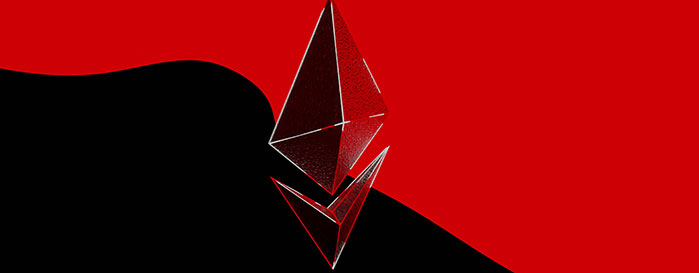
A proposal will only be accepted if the majority of stakeholders agree to it. This model prevents DAOs from being overwhelmed with proposals. Depending on the type of DAO, the method of determining the majority may vary, which is specified in the smart contract.
There are total autonomy and transparency with DAOs. Moreover, the code of these exchanges is open-source, so anyone can see how they are built. As the blockchain records all financial transactions, any of the users of the platform can audit their built-in treasuries.
How does a DAO make money?
In general, DAOs are characterized by the fact that they generate income from dividends awarded by investments they make. Those who start a Decentralized Autonomous Organization (DAO) can also earn money by convincing other individuals to invest in them based on their business ideas individually.
In order for a DAO to make money, there are a number of options. In an Initial Coin Offering (ICO), for example; you create a utility token that has to be purchased in order for you to use the DAO service, or you create a management token that you sell, gradually relinquishing control over the DAO as you sell more of the tokens;
Another example is the use of smart contracts with transaction fees. You charge very small fees to use your smart contract when you make a transaction.
It seems that retroactive payments are another solution, taking payments after you have built the platform and shown that it works, which can be used as an incentive in order to ask for prior payments from people who may wish to participate in a hypothetical future funding round (by conducting an ICO specifically to take part in future funding rounds).
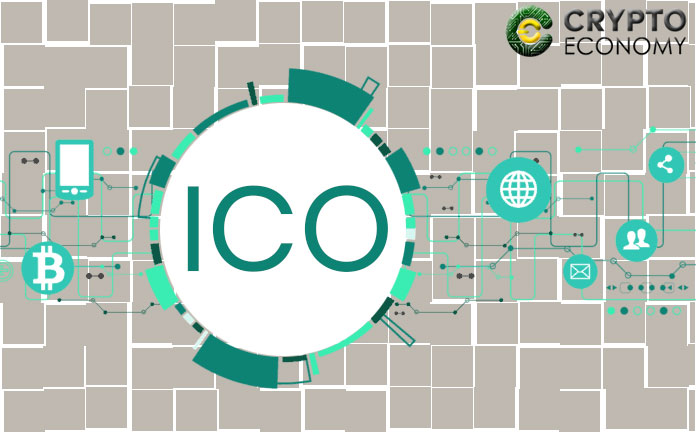
DAOs function without hierarchical management and can achieve a multitude of goals without the need for hierarchical management. There are several types of cooperative organizations available to individuals, including freelancer networks where payments are pooled for software subscriptions, charitable organizations where donations are approved by members, and venture capital firms owned by a group.
Examples of DAO Projects
In the current state of affairs, there are a large number of DAOs, each with its own service characteristics and features. The following information will describe some of the more famous DAOs.
Curve DAO
It was in August 2020 that the Curve protocol began its journey towards the decentralization of governance. This organization is responsible for managing the changes to the protocol.
Keep in mind that Curve rewards its users for participating in its DeFi system by offering crypto-rewards in addition to access to other protocols. In addition to the right to vote, token holders have the ability to control DAOs. The Curve’s DAO is controlled by the CRV token.
In Curve, the DAO in charge of the ecosystem is responsible for the smooth functioning of the entire system. Accordingly, any administrative action, no matter how important, can only be implemented once a successful vote by the DAO has been completed.
A Curve protocol update can be proposed by anyone, but it must have at least one CRV vote-locked for it to be considered. A protocol update may relate to how fees are used as well as how fees are classified. The vote will also cover some other aspects concerning the creation of new liquidity pools or adjusting the yield farming rewards. CRV token holders can vote by locking up CRV tokens for acceptance or rejection of a proposal.
Maker DAO

MakerDAO is making a name for itself as a decentralized bank of the future, issuing stablecoins backed by cryptocurrencies like Bitcoin. As such, the system is entirely decentralized, runs on the Ethereum blockchain, and smart contracts ensure that everything is taken care of.
On the Maker DAO network, the MKR token is used in some key ways. In the first place, the governance rights it provides help users to ensure that the protocol in question is developed in a way that is sustainable, and through the fact that holders of the MKR are also the last resort for buyers of Dai loans (borrowers).
Decentraland DAO
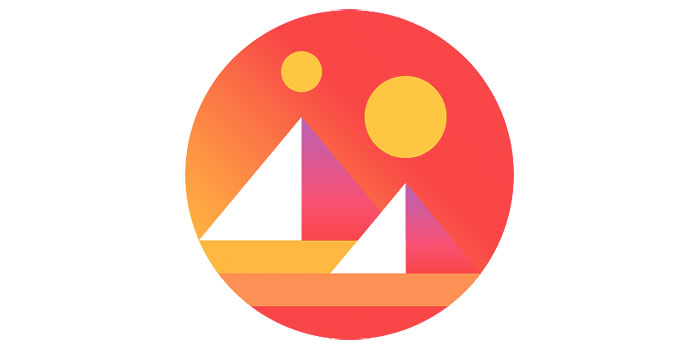
The Decentraland platform is a virtual reality platform that is decentralized and based on the Ethereum blockchain. In the Decentraland platform, users will be able to create, experience, and monetize their own content, applications, and services.
It is the Decentraland Decentralized Autonomous Organization (DAO) that makes decisions for MANA, NAMES, and LAND holders in the virtual world of Decentraland. With the help of the DAO, community members are able to vote on grants and change the lists of bannable names, POIs, and nodes known to be catalysts. LAND smart contracts and Estate smart contracts are also handled by the DAO.
There is no other way for the DAO to process grants and make changes to the records and contracts it owns than through its predefine proposals which can be accessed through governance.decentraland.org.
There is a gas-less voting client offered by Snapshot, which allows you to store all the proposals, votes, and results of the voting directly in IPFS. A committee takes actions on the Ethereum blockchain based on approved proposals and enacts them on the blockchain using a multisig wallet. It is overseen by another multisig committee consisting of trusted key holders called the Security Advisory Board (SAB). As mentioned in the previous release of the DAO, this Committee has been voted in by the community.
Aragon DAO
In short, Aragon is open-source software that allows a user to create and manage decentralized autonomous organizations (DAOs) based on the Ethereum blockchain.

There are three main features of Aragon’s network software: The Aragon client is a browser-based toolkit for developers that enables them to build online groups that are customizable, transparent, and provide a lot of functionality. The Aragon Network is an organization that facilitates the interactions between the platform’s community of DAOs. There is an organization called Aragon Association which is a non-profit which manages the funds raised from Aragon’s token sale.
In order to manage Aragon’s DAOs on its platform, ANT, Aragon’s native cryptocurrency, is crucial. ANT is what grants access to Aragon’s owners, giving them the ability to vote on key decisions regarding the project’s future.
The DAO – The First Decentralized Autonomous Organization
The first DAO, simply called The DAO, was created by a company called Slock.it. They worked to connect physical world transactions to the blockchain and thus enable people to rent, sell or share property without a middleman.
Slock.it needed to raise money early on in 2016, according to an interview with the company’s founder Christoph Jentzsch from 2018, and, in April 2016, they set up a Digital Asset Organization, which is akin to Kickstarter or GoFundMe. One of the things that made the DAO so attractive was that all investors and members were given a voice when it came to deciding how to spend the capital raised.
It grew to become a decentralized venture capital fund in time, and, at the time, it held approximately 14 percent of the total amount of Ether, which was the cryptocurrency at the time of its creation. It was the largest crowdfunding campaign ever, with more than 11,000 members raising more than $150 million in Ether between May and June, making it the largest crowdfunding campaign ever.
The DAO was hacked in June of that year, and some $50 million (a little over 3.6 million ETH at the time) was lost. It might come as a surprise to some people that Slock.it didn’t dissolve after the hack, but the DAO never was able to regain its original state.

Are the Decentralized Autonomous Organizations the Future?
There remain many questions and concerns regarding the legality, security, and structure of this type of organization. However, some analysts and investors believe this type of business structure will eventually become well established, possibly replacing more traditional structures.
DAOs, as seen by a growing number of Ethereum supporters, have the potential to support the development of work, human organizations, and cultural communities. So it is common to believe that DAOs, when it comes to DeFi and NFTs, will have a breakthrough in the mainstream market before them, by the way.
Consider, for instance, a vending machine that requires human intervention in order for it to operate. It takes a lot of effort to track down technical faults, pay power bills, collect money, and reload more products onto the system. Only if the machine was a DAO would we have seen a reduction in human interaction or even elimination of the human interaction.
It could be adapted to allow records to be sent to the server, which, in turn, would allow some sort of automated system to take over what human workers did previously.
In the near future, digital assistants will replace the decisions made by CEOs, border meetings, and common operations within organizations, thus reducing time spent on redundant work. Additionally, shareholder votes can be marked with tokens, thereby reducing costs associated with voting. By utilizing the power of tokenomics, DAOs can change everything from the recruitment process, salary decision, or hiring process when it comes to hiring developers.

Conclusion
In the digital world, innovation has become an integral part of daily life. In the same way, DAOs are representing continuous improvement as any other innovative system. There is no doubt about the fact that every technology or concept has some advantages and disadvantages, and this is also true for open-source ecosystems. There is, however, a limitless opportunity to disrupt analog structures that delay processes with unnecessary bureaucracy by using DAO in every economic sector due to the many possibilities.
Although the DAO is still in its infancy and trying to ensure that its roots are solidified, it is evident that if you go to the core of DAO, there is something that will last a long time. The growth of this industry is likely to be quite interesting as it reaches its peak.



